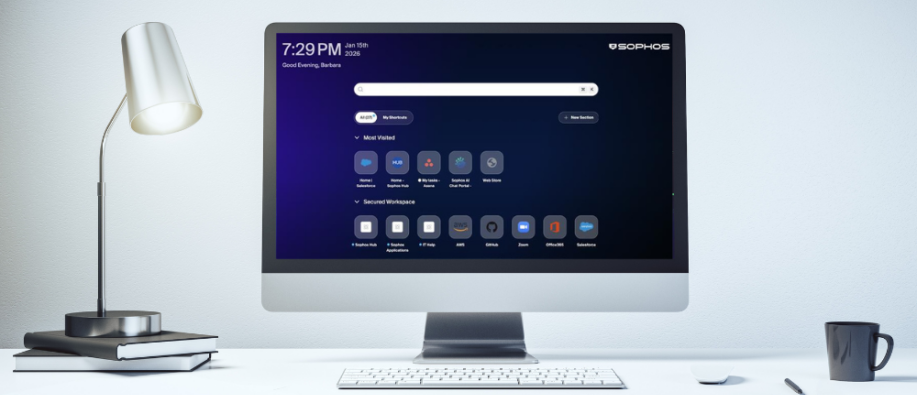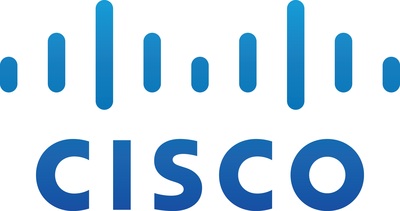AT&T and Thales Collaborate to Revolutionise IoT Deployments with New eSIM Solution
AT&T and Thales introduce a next-generation eSIM solution, powered by
the latest GSMA IoT specification (SGP.32), giving enterprises a consolidated
platform to remotely and securely manage IoT subscriptions, while preserving
device integrity on a highly secure and reliable network.
Backed by Thales’ “secure by design” approach, this solution targets the
highest level of cybersecurity for IoT devices and supports compliance with
evolving global cybersecurity regulations.
Optimized for lar ge-scale IoT deployments, the new eSIM management
platform simplifies operations, reduces costs, and delivers advanced automation
beyond SGP.32 standards to support diverse industries and device types.
With over 5.8 billion IoT
cellular connections expected globally by 2030 (GSMA Intelligence) —
powering everything from smart meters to wearable health trackers — the need
for secure, scalable, and easy-to-manage connectivity is greater than
ever. AT&T,
a leader in connectivity and IoT solutions, and Thales, a global leader in
advanced Cyber & Digital technologies, announce the launch of a new eSIM
solution designed to help businesses remotely activate and manage IoT devices.
This eSIM solution, powered by Thales
Adaptive Connect (TAC), becomes a key part of AT&T’s global
IoT solution, AT&T Virtual Profile Management for IoT, and can support many
industries worldwide including automotive, smart cities, healthcare and
utilities.
Compliant with
the GSMA SGP.32 standard,
the new solution enables customers to ship connected devices anywhere in the
world with one single, pre-integrated eSIM from
Thales, then seamlessly activate the
correct local connectivity profile remotely, eliminating the need for any
physical access to it. This results in faster launches and simpler logistics
for global IoT deployments. It also enables AT&T and its customers to
easily manage connectivity policies, diagnostics, and subscription changes
entirely over the air, through a single unified industry-certified interface.
This solution also
adds advanced automation to simplify the remote eSIM management of large
numbers of devices. It automates complex tasks—such as switching subscriptions
or updating fleets rules—so enterprises can spend less time on logistics and
operations, while bringing new products and services faster to market.































Leave A Comment